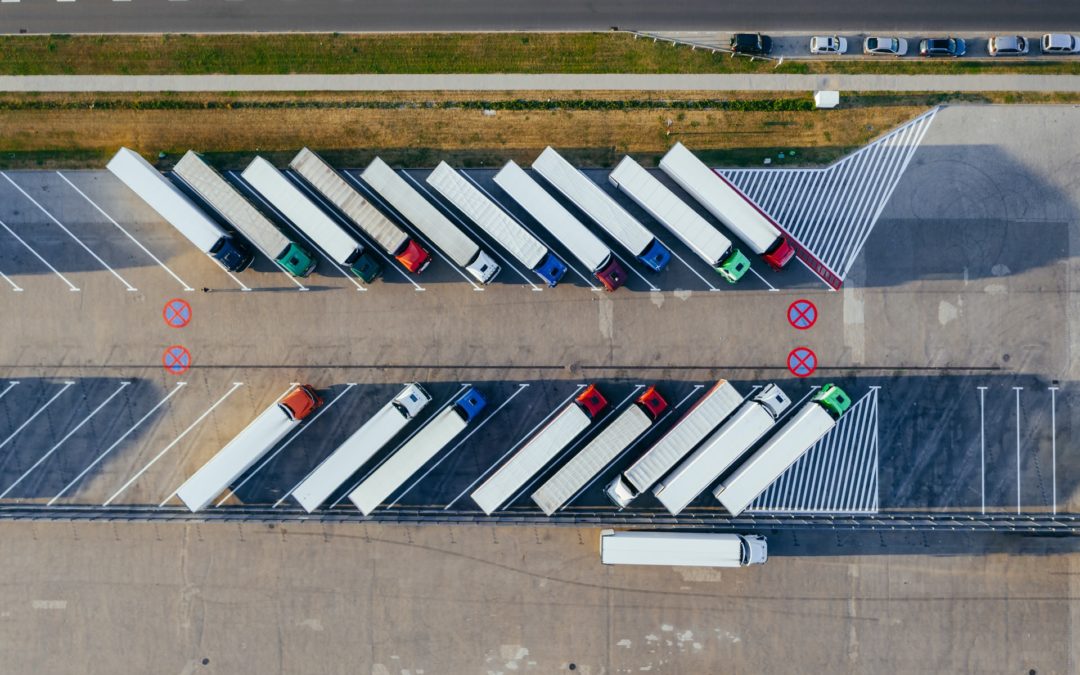What is a Logistics Operator?
The Business Association of Logistics Operators (ANADIF) in one of its published studies defined this term as
"A company which, on behalf of its client, designs the processes of one or more phases of its supply chain, organises, manages and controls these operations using its own or external physical infrastructure, technology and information systems, whether or not it provides the services using its own or subcontracted means".
A logistic operator is in charge of one or several phases of the logistic chain, transport, customs clearance, storage, handling, distribution... activities required by a producer (for example a factory) with a need to transport goods. The producer may specialise in its core business of selling or producing by subcontracting everything related to transport.
It is therefore the operator, who designs the transport process by managing and controlling the operations with infrastructure, technology, own or third-party information systems.
What is a Freight Forwarder?
A freight forwarder is described as "a shipper or freight forwarder is a natural or legal person who provides services in the international carriage of goods. He is an intermediary between the exporter or importer and the transport companies".
A Forwarder or Forwarding Agent performs practically the same function as a logistics operator, they seem to be the same figure in many countries of the world. A forwarding agent acts by evaluating the cost levels, the service possibilities and movements from the factories to the final point negotiating with all the actors of the intermodal transit, they are to a great extent the intermediaries between producers and importers.
What is the difference between a Forwarder and a Logistics Operator?
Many will say that the logistics operator owns a large part of the transport process, unlike the freight forwarder who outsources a large part of the goods' journey, others will say that some handle the cargo based on the customer's requirements in addition to transporting it...there are also other actors such as customs agents, warehouses...sometimes external, sometimes within the operators or freight forwarders...
The reality is that the differences are blurring every day, this happens mainly for two strongly linked reasons and that is that the different actors in the supply chain are increasingly taking over more and more parts of the logistics business and they do it with their own or subcontracted services, They do this to control more aspects of the chain and make shipments more profitable, so a warehouse of a lifetime, try to assume roles of transport or customs thus becoming an operator or a freight forwarder, and these in turn perform the same tasks or have different configurations depending on the client, in short, collaborating more, mixing more.
But this could not be done without the "other reason" and that is that what allows companies to manage more activity without dying in the attempt are precisely the management technologies specialized in logistics, they need a single tool in which to consolidate the new areas, as they communicate with each other, and it must also be powerful enough to communicate with the rest of the actors, exchanging information in a fluid and solid way.
The alternative to a single management solution is therefore to have multiple platforms, multiple suppliers of these, multiple connections (if you get them) a "small monster" of management and let's not talk about consolidating that activity with the administrative and financial part .
In short...
Everything seems to indicate that companies in the sector see business opportunities in areas that they did not touch before and they have tools capable of managing and competing, covering more business and managing a "little piece" as large as possible within the transport chain, the figure of the freight forwarder or operator, will be more and more common and the differences, less and less pronounced.
Do you need more information? Contact us at

Consultant in Logistics and Supply Chain Technologies


